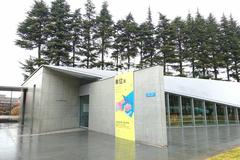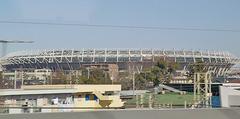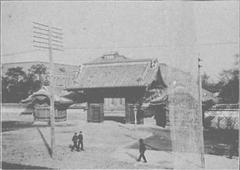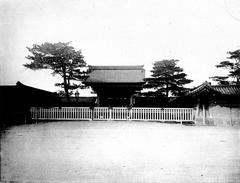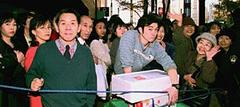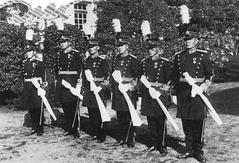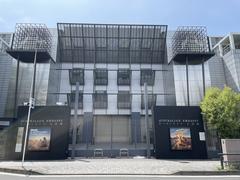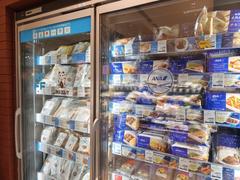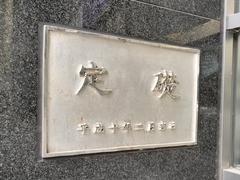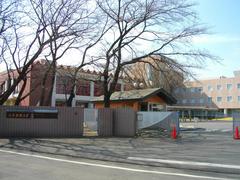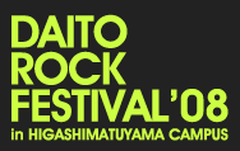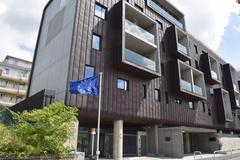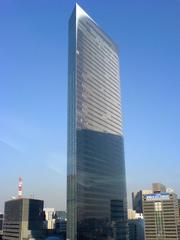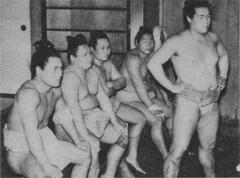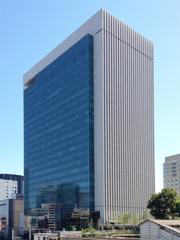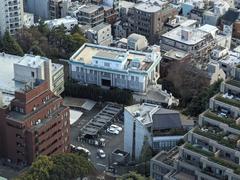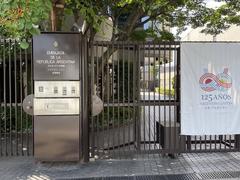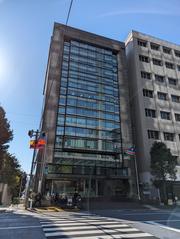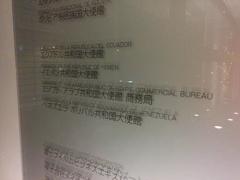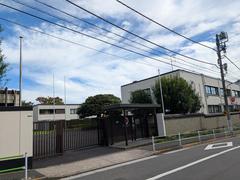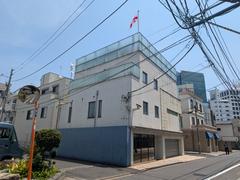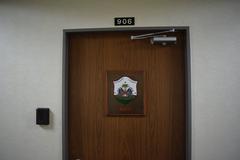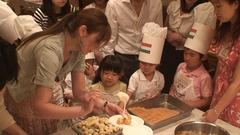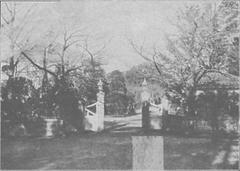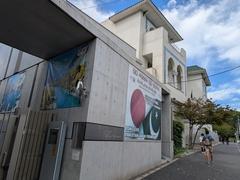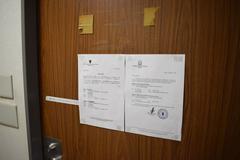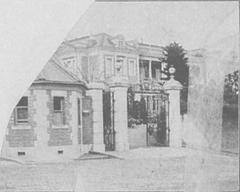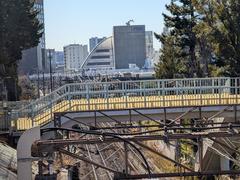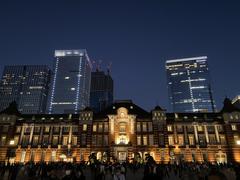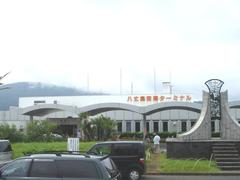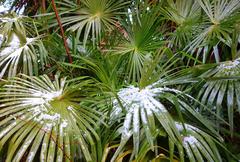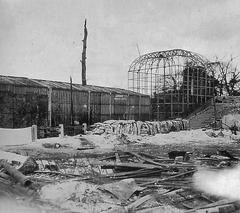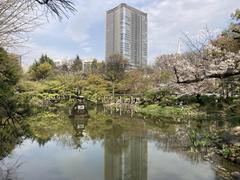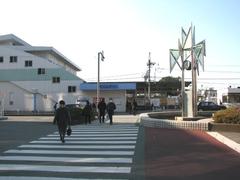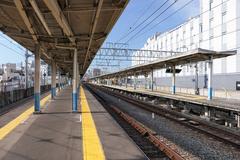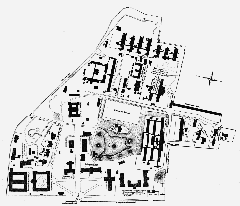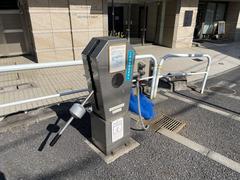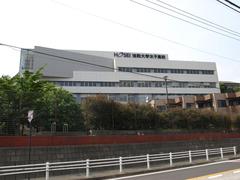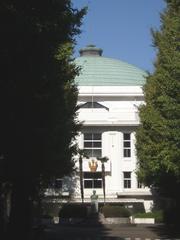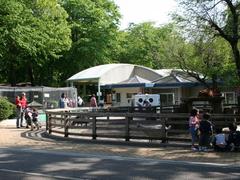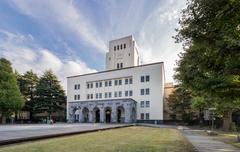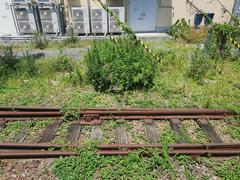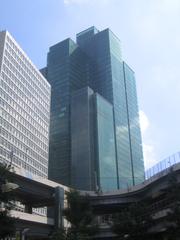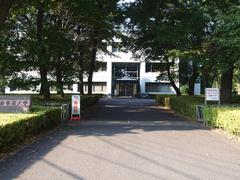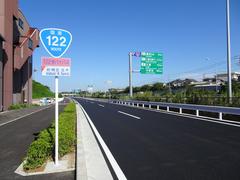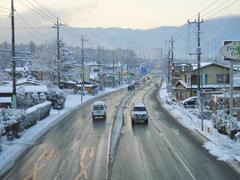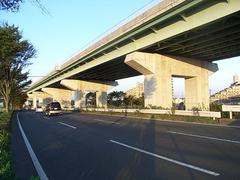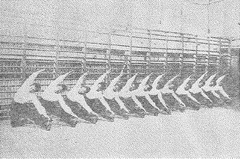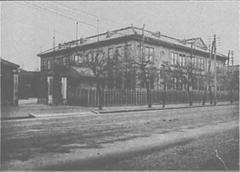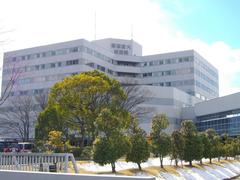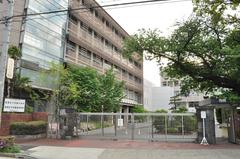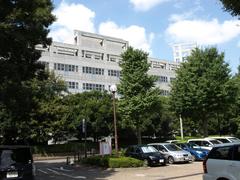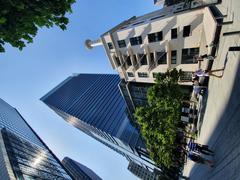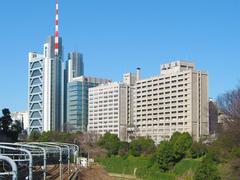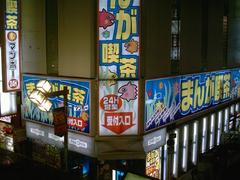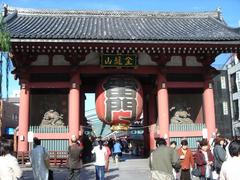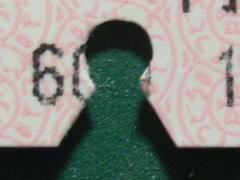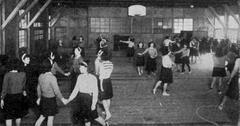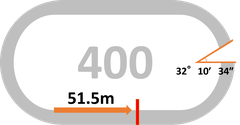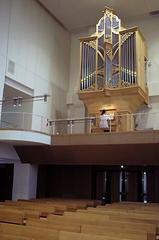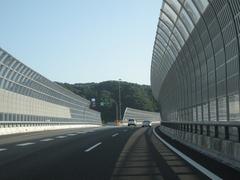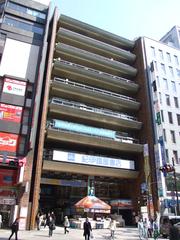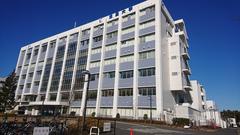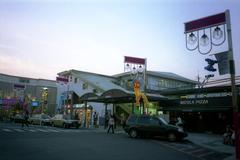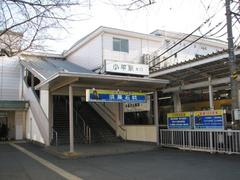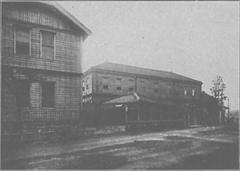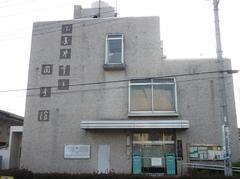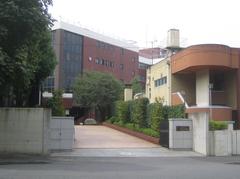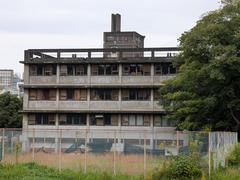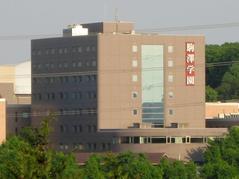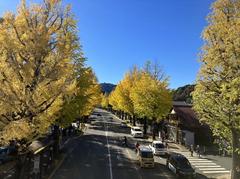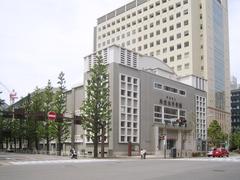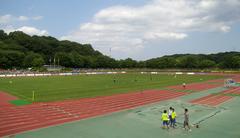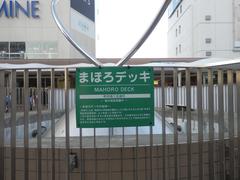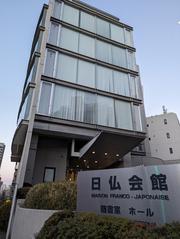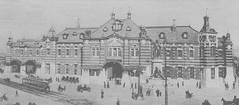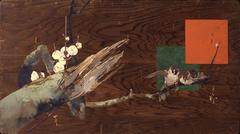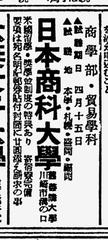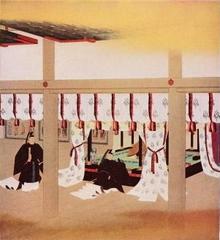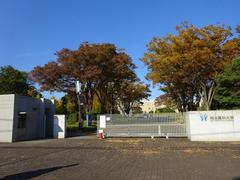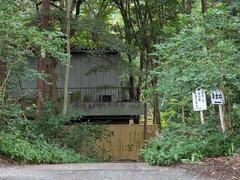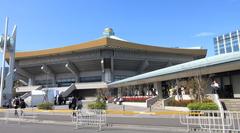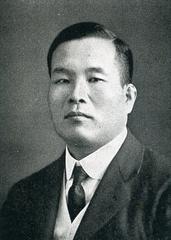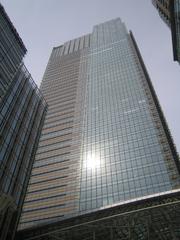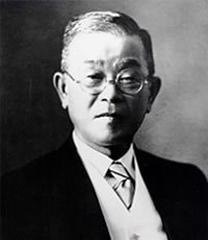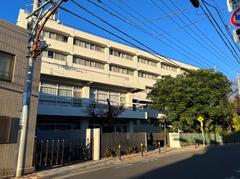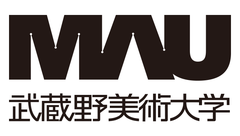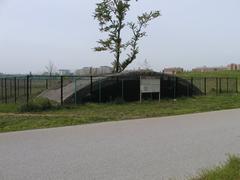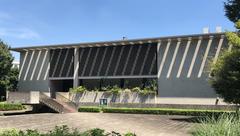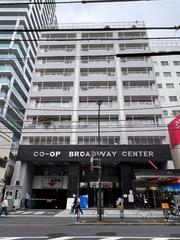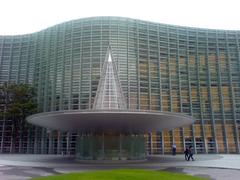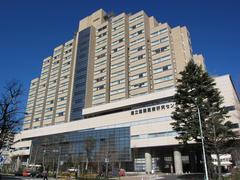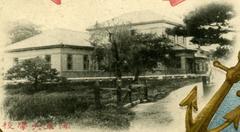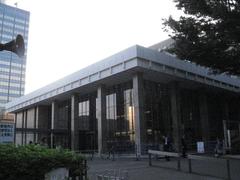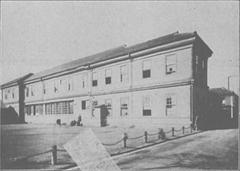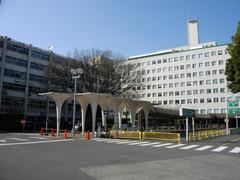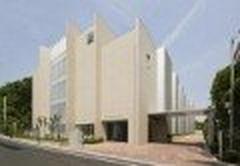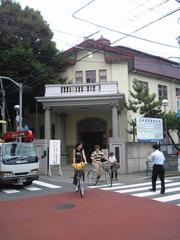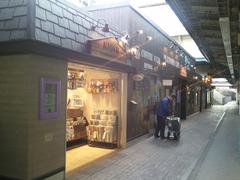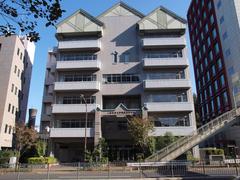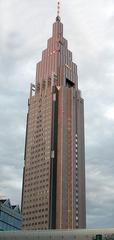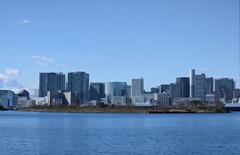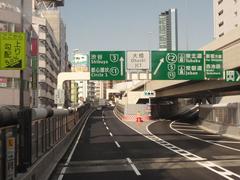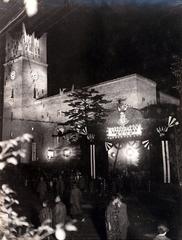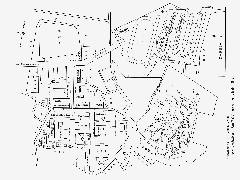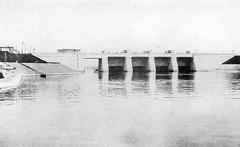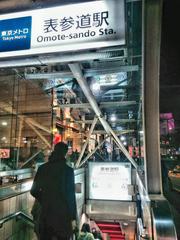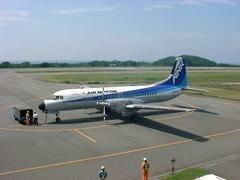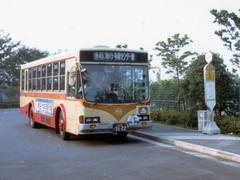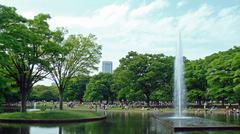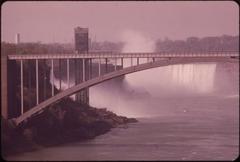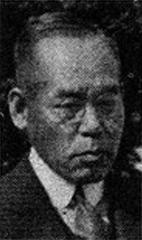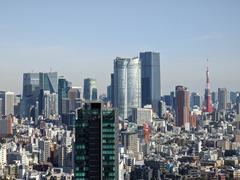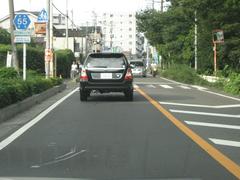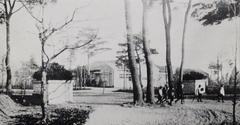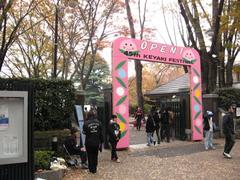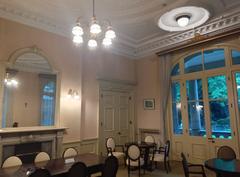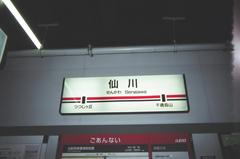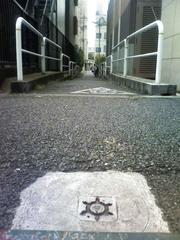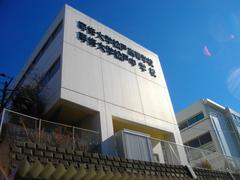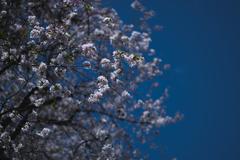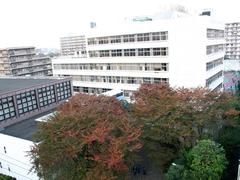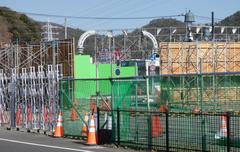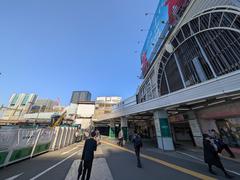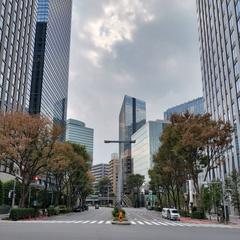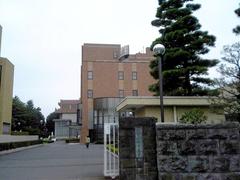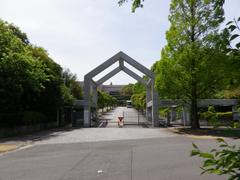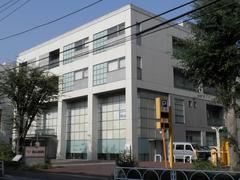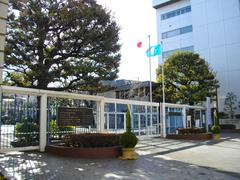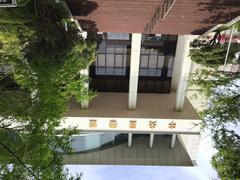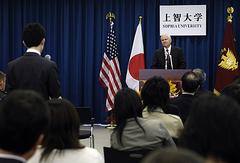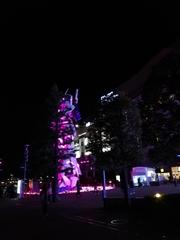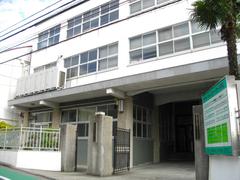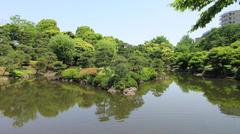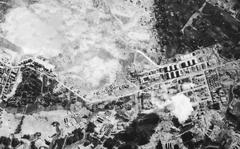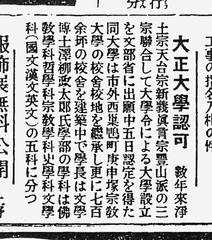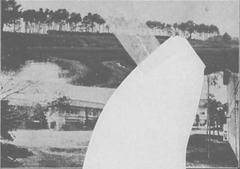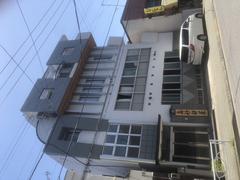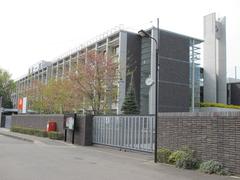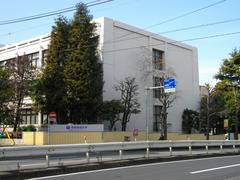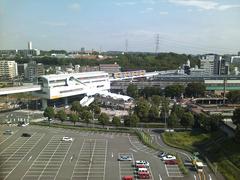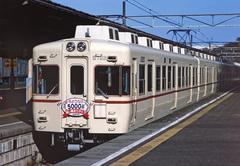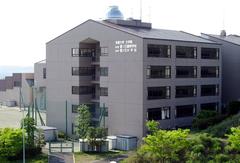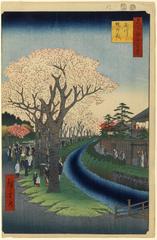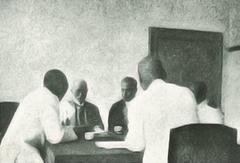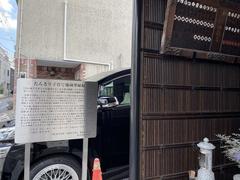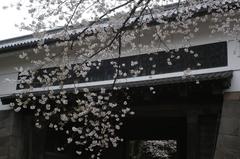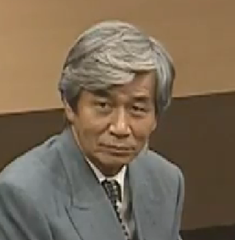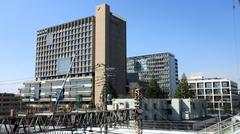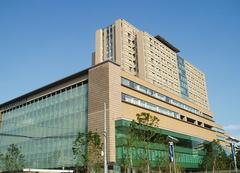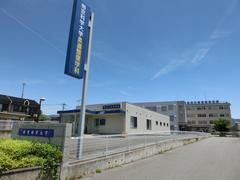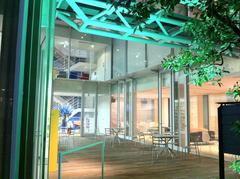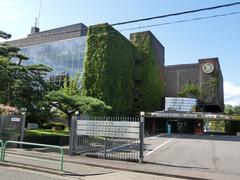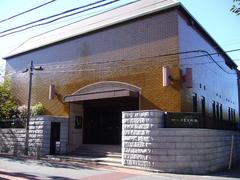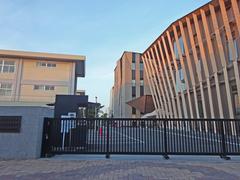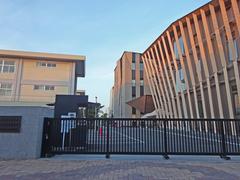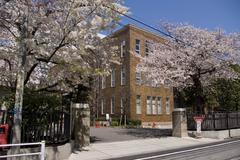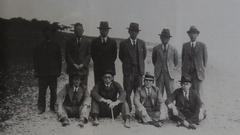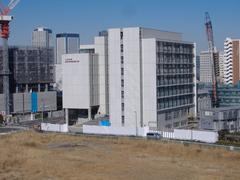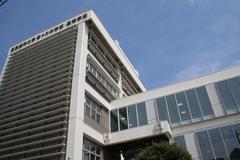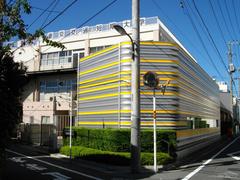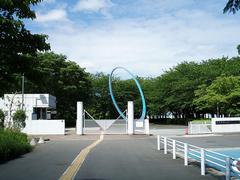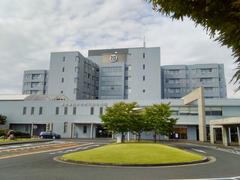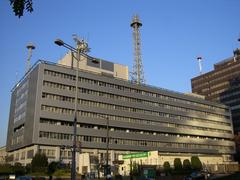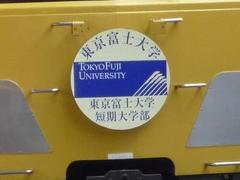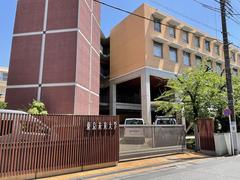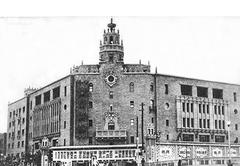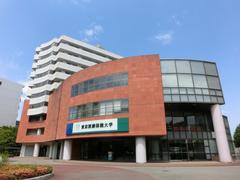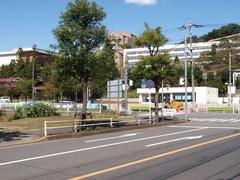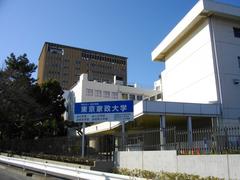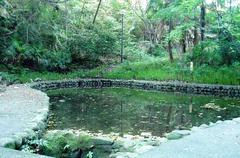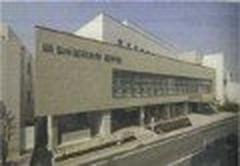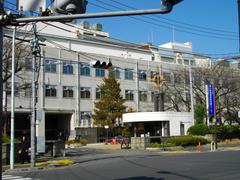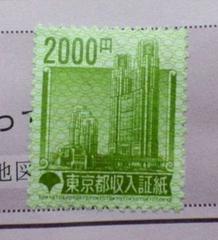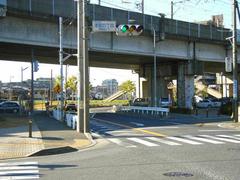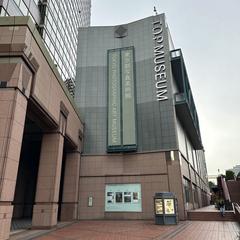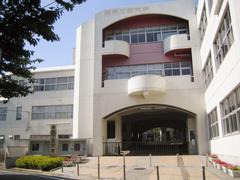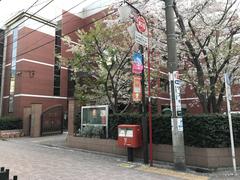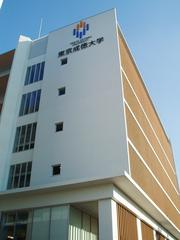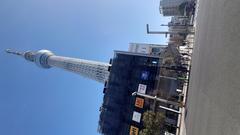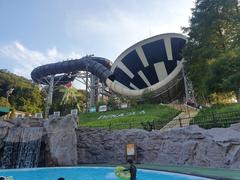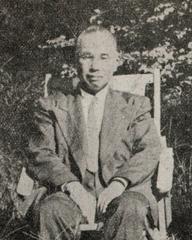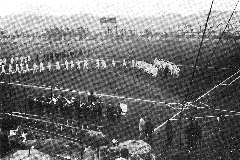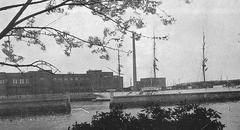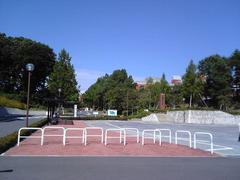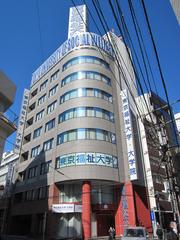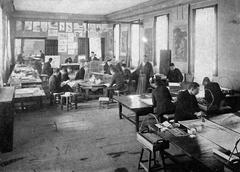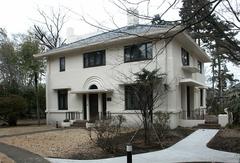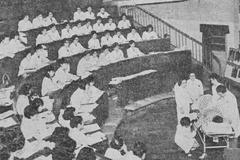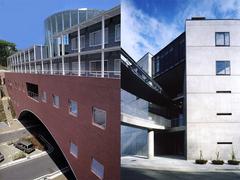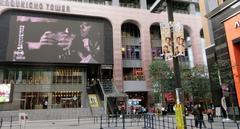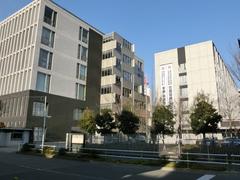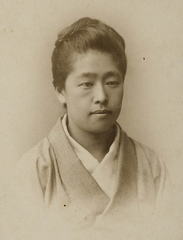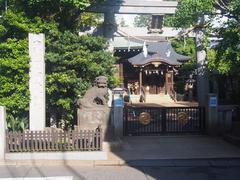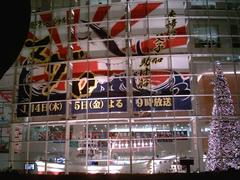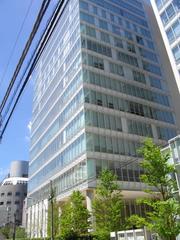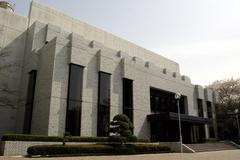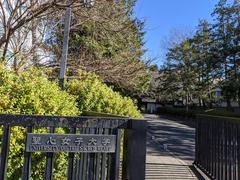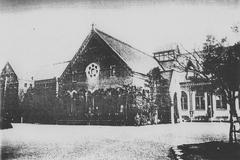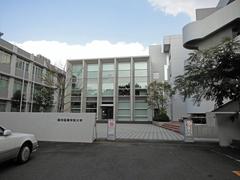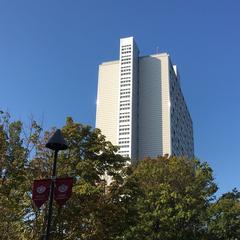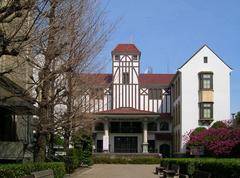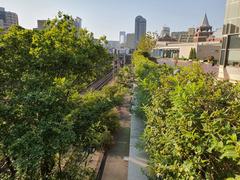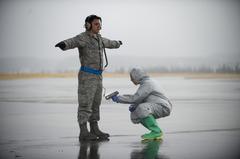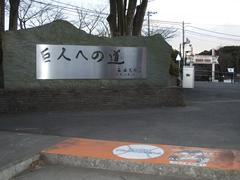Japan Professional School of Education Tokyo Visiting Hours, Tickets, and Comprehensive Guide
Date: 04/07/2025
Introduction: Experience Japan’s Educational Excellence in Tokyo
The Japan Professional School of Education (JPSE), located in the heart of Tokyo’s Chiyoda district, stands as a testament to Japan’s enduring commitment to educational innovation and teacher professionalization. Established in 2006, JPSE builds on centuries of educational reform, tracing roots from early temple-based learning through the transformations of the Meiji era and post-World War II modernization. Today, JPSE offers visitors a rare opportunity to explore the intersection of historical tradition and cutting-edge pedagogy within Japan’s vibrant capital.
Conveniently situated near major Tokyo Metro and JR lines—including Awajichō, Ogawamachi, Shin-Ochanomizu, and Kanda stations—JPSE is easily accessible. Its strategic central location makes it a perfect starting point for exploring both Tokyo’s educational landscape and prominent cultural landmarks such as the University of Tokyo, National Museum of Modern Art, Meiji Shrine, and Ueno Park. The institution provides free weekday access for visitors, with specialized tours and workshops available by appointment, ensuring the preservation of its academic environment while delivering meaningful, curated experiences. For the most current details on visiting hours, events, and registration, always consult the Japan Professional School of Education Official Website and related Tokyo Metro resources (Tokyo Metro - Awajichō Station).
Table of Contents
- Introduction
- Historical Significance
- Location and Access
- Visiting Hours and Admission
- Tours and Events
- Campus Environment and Facilities
- Visitor Experience
- Accessibility
- Nearby Attractions and Amenities
- Practical Information for International Visitors
- FAQs
- Conclusion
Historical Significance
JPSE is the embodiment of Japan’s enduring focus on education. Its founding is part of a broader narrative that begins with Buddhism-influenced temple schools in the 6th century and continues through the modernization efforts of the Meiji Restoration and postwar reforms. Today, JPSE is a modern symbol of Japan’s dedication to lifelong learning, teacher training, and educational innovation.
Location and Access
Address: 9th floor, Z-kai Ochanomizu Building, Chiyoda, Tokyo
Nearest Stations:
- Awajichō Station (Tokyo Metro Marunouchi Line, 1-minute walk)
- Ogawamachi Station (Toei Shinjuku Line, 1-minute walk)
- Shin-Ochanomizu Station (Tokyo Metro Chiyoda Line, 2-minute walk)
- Kanda Station (JR Yamanote Line, 7-minute walk)
Getting There:
- By Train/Subway: All major lines converge in central Tokyo, making JPSE easily accessible from Shinjuku, Shibuya, and Bunkyo districts.
- From Airports:
- Narita International Airport: Take the Narita Express to Tokyo Station (~60 minutes), then transfer to the JR Yamanote Line or Tokyo Metro.
- Haneda Airport: Use Tokyo Monorail to Hamamatsucho Station, then connect via the JR Yamanote Line.
- Local Transportation Tips:
- Purchase Suica or Pasmo IC cards for seamless travel across Tokyo’s trains, subways, and buses (Japan National Tourism Organization - Education Travel).
- Use Google Maps or Hyperdia for live navigation.
Visiting Hours and Admission
- Hours: Monday to Friday, 9:00 AM to 5:00 PM (Closed weekends and public holidays)
- Admission: Free; tours and workshops must be booked in advance
- Special Events: Open Campus days, guided tours, and lectures require pre-registration via the JPSE website
Tours and Events
JPSE offers a range of visitor experiences:
- Guided Tours: Available by appointment; ideal for deeper insights into the institution’s educational mission and facilities.
- Workshops and Seminars: Periodically open to the public; check the events calendar for topics and registration.
- Open Campus Events: Feature campus tours, sample lessons, and Q&A sessions with faculty and students.
Most activities are in Japanese, but some English assistance may be available on request.
Campus Environment and Facilities
JPSE’s campus is a modern, accessible space featuring:
- High-tech classrooms
- Research and teaching laboratories
- Comprehensive library resources
- Comfortable student lounges and meeting spaces
All facilities are designed to foster collaborative learning, teacher training, and educational research.
Visitor Experience
Guided Tours and Open Campus
Open Campus events and scheduled tours offer the best way to experience JPSE’s academic environment. Visitors can observe demonstration lessons, explore learning spaces, and engage with faculty. Advance registration is required, especially for groups and international delegations.
Language and Cultural Etiquette
- Language: Most programs are in Japanese; inquire in advance about English support.
- Dress Code: Business casual is recommended—avoid shorts, tank tops, or flip-flops.
- Indoor Etiquette: Remove shoes in tatami and certain office areas; use slippers where provided.
- Manners: Greet staff with a slight bow, keep voices low, and mute mobile phones. Ask permission before taking photos in classrooms or during events.
Accessibility
The campus provides elevators, ramps, and tactile paving for visitors with disabilities. For specific accommodation needs, contact the administration prior to your visit.
Nearby Attractions and Amenities
JPSE’s central Tokyo location allows visitors to combine their educational visit with exploration of notable sites, including:
- University of Tokyo Yasuda Auditorium: Iconic academic landmark (University of Tokyo Yasuda Auditorium Information)
- National Museum of Modern Art
- Meiji Shrine
- Ueno Park
- Shopping and dining in Shinjuku and Ikebukuro
Seasonal events such as summer fireworks festivals can also be enjoyed nearby (JW Web Magazine - Best Events in Tokyo in July).
Practical Information for International Visitors
- Admission/Enrollment: Prospective students should review requirements including document screening, academic testing, interviews, and Japanese language proficiency (Study in Japan - Vocational Schools).
- Accommodation: Options range from business hotels to dormitories and private apartments.
- Safety: Tokyo is safe with reliable emergency services (Japan National Tourism Organization - Education Travel).
- Travel: July is hot and humid (22°C–30°C); wear light clothing, hydrate, and carry rain gear (magical-trip.com).
Frequently Asked Questions (FAQ)
Q: Can I visit JPSE without an appointment?
A: Regular visits are restricted to weekday hours; tours and special events require prior registration.
Q: Is there an entrance fee?
A: No, entry is free for individuals; some events may have a fee or require registration.
Q: Is English support available?
A: Some staff may assist in English; check ahead for English-language tours or materials.
Q: How do I get to JPSE from Narita Airport?
A: Take the Narita Express to Tokyo Station, then transfer to local lines as detailed above.
Q: Is the campus accessible for people with disabilities?
A: Yes, with ramps, elevators, and accessible restrooms throughout the campus.
Conclusion: Plan Your Visit to JPSE
A visit to the Japan Professional School of Education is an enriching experience for anyone interested in Japan’s education system, cultural heritage, or teacher training. By planning ahead—consulting official resources, registering for tours, and respecting local customs—you will gain unique insights into Japanese academic life and its role in shaping the nation’s future. Take advantage of JPSE’s central location to explore Tokyo’s historical and cultural marvels, and make your trip truly memorable.
For updates, event details, and to arrange your visit, always refer to the official JPSE website.
References and Further Reading
- Japan Professional School of Education Official Website
- University of Tokyo Yasuda Auditorium Information
- Tokyo Metro - Awajichō Station
- JW Web Magazine - Best Events in Tokyo in July
- Japan National Tourism Organization - Education Travel
- Study in Japan - Vocational Schools
- magical-trip.com - Tokyo in July 2025 Highlights & Events
For personalized travel tips, campus maps, and up-to-date event information, download the Audiala app and follow our social media channels.
